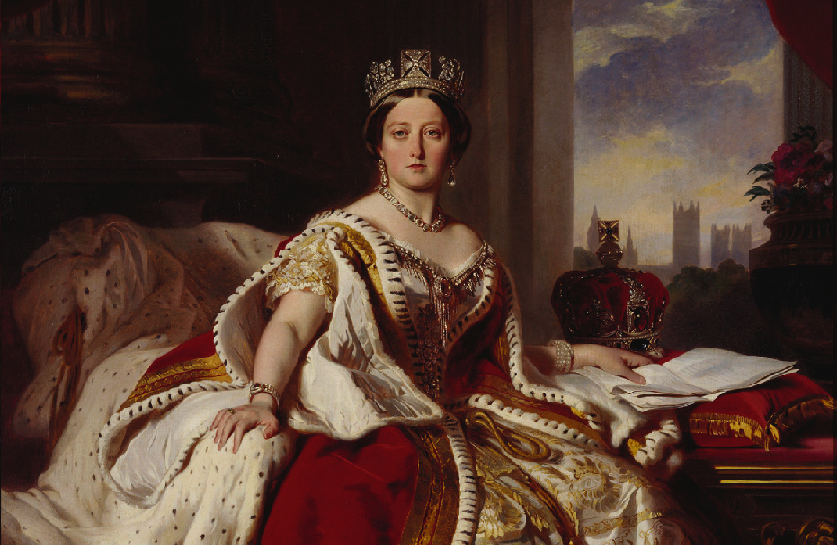
Bahá’u’lláh’s letter to Queen Victoria: Reform the World
 Of all the sovereigns who received letters from Bahá’u’lláh, the only one who is recorded to have responded thoughtfully was Queen Victoria. She is reported to have said, “If this is of God it will endure; if not, it can do no harm.”
Of all the sovereigns who received letters from Bahá’u’lláh, the only one who is recorded to have responded thoughtfully was Queen Victoria. She is reported to have said, “If this is of God it will endure; if not, it can do no harm.”
Bahá’u’lláh’s letter to her was written around 1868, after his arrival in Akka, and is one of the letters that Baha’u’llah compiled together with the Suriy-i-Haykal (the Tablet of the Temple).
In Bahá’u’lláh’s words to Queen Victoria we see another unfolding dimension of Bahá’u’lláh’s mission and teachings. As in letters to the other sovereigns to whom he wrote, Bahá’u’lláh explicitly sets out the purpose of his mission: to “quicken the world and unite its peoples“.[1]
In contrast to his second letter to Napoleon III, which deals with personal ethics and community life, to Queen Victoria, Bahá’u’lláh speaks about the conditions of humanity. He praises Queen Victoria for the abolition of the slavery.
We have been informed that thou hast forbidden the trading in slaves, both men and women. This, verily, is what God hath enjoined in this wondrous Revelation. God hath, truly, destined a reward for thee, because of this. [2]
This passage, apart from anything else, is of interest in that foreshadows the abolition of slavery in Bahá’u’lláh’s book of laws that was to follow in a few short years.
An examination of the history of the British Empire shows a gradual abolition of slavery. In 1807 Britain prohibited the trade in slaves. In 1833 slavery was abolished in the Empire. However, areas controlled by the East India Company (i.e. India – which constituted a large portion of the Empire), Ceylon and St Helena were not included. It was not until 1843 that an Act was passed in India (still under the control of the East India Company), formally abolishing slavery. In 1861 the Indian penal code made it an offence to trade in slaves. In addition to such measures, during the course of the 19th century, the British used their navy to suppress the African slave trade.
After discussing slavery, Bahá’u’lláh next praises the democratic form of British government.
We have also heard that thou hast entrusted the reins of counsel into the hands of the representatives of the people. Thou, indeed, hast done well, for thereby the foundations of the edifice of thine affairs will be strengthened, and the hearts of all that are beneath thy shadow, whether high or low, will be tranquillized.[3]
Democracy also was evolving during this period as the franchise was gradually extended during Victoria’s reign though it was not until the 20th century that universal suffrage for both men and women was achieved in the United Kingdom. Nonetheless, by the nineteenth century, the United Kingdom already had a long history of parliamentary representation. Unlike the sovereign before her, Queen Victoria never dismissed her government. By contrast, both the Ottoman Empire and Persia (the governments of which had done the most to persecute Bahá’u’lláh and his followers) were autocratic regimes at the time of this letter.
But now we come to the main theme of the letter – Bahá’u’lláh calls for reform of the world. Indeed in this letter, Bahá’u’lláh refers to himself as a “World Reformer”.
To parliamentarians, he addresses caution that it is their duty “to be trustworthy” and to regard themselves as “representatives for all who dwell on earth”. It is here also that he counsels parliamentarians (now addressing all parliamentarians everywhere) to regard the world as a single body.
O ye the elected representatives of the people in every land! Take ye counsel together, and let your concern be only for that which profiteth mankind and bettereth the condition thereof, if ye be of them that scan heedfully. Regard the world as the human body which, though at its creation whole and perfect, hath been afflicted, through various causes, with grave disorders and maladies.[4]
Generally speaking, this is not how we think of democracy or of human relationships globally. Bahá’u’lláh’s concepts deepen democracy, extend community and foster peace.
Bahá’u’lláh continues to urge rulers not to place excessive burdens on their people:
Do not rob them to rear palaces for yourselves; nay rather choose for them that which ye choose for yourselves.[5]
The words point to the principle of abolishing extremes of wealth and poverty, which Abdu’l Baha identifies as a core principle of the Baha’i Faith.
Having noted that the rulers have refused “the Most Great Peace” (i.e. Bahá’u’lláh’s revelation) Bahá’u’lláh urges them to take up “the Lesser Peace“.
O rulers of the earth! Be reconciled among yourselves, that ye may need no more armaments save in a measure to safeguard your territories and dominions. … Be united, O kings of the earth, for thereby will the tempest of discord be stilled amongst you, and your peoples find rest, if ye be of them that comprehend.[6]
The foregoing bears both on disarmament and international concord. Next Bahá’u’lláh counsels collective security: an only imperfect version of which yet exists in the world (although it evolved substantially during the 20th century).
Should any one among you take up arms against another, rise ye all against him, for this is naught but manifest justice.[7]
Bahá’u’lláh is still not done:
Should anyone seek refuge with you, extend unto him your protection and betray him not.[8]
Here we see the principle of international asylum — an issue with which the world increasingly struggles.
Finally, he counsels the Queen not to commit injustice of the kind which was done to Bahá’u’lláh.
Perhaps the most thought provoking statement Bahá’u’lláh makes in his letter to Queen Victoria is the following.
That which the Lord hath ordained as the sovereign remedy and mightiest instrument for the healing of all the world is the union of all its peoples in one universal Cause, one common Faith. This can in no wise be achieved except through the power of a skilled, an all-powerful and inspired Physician. This, verily, is the truth, and all else naught but error.[9]
Image: from 1870 Portrait of Queen Victoria in her coronation robes and wearing the State Diadem, by Franz Xaver Winterhall
(This article is the 142nd in a series of what I hope will be 200 articles in 200 days for the 200th anniversary of the birth of Bahá’u’lláh. The anniversary is being celebrated around the world on 21 and 22 October 2017, The articles are simply my personal reflections on Bahá’u’lláh’s life and work. Any errors or inadequacies in these articles are solely my responsibility.)
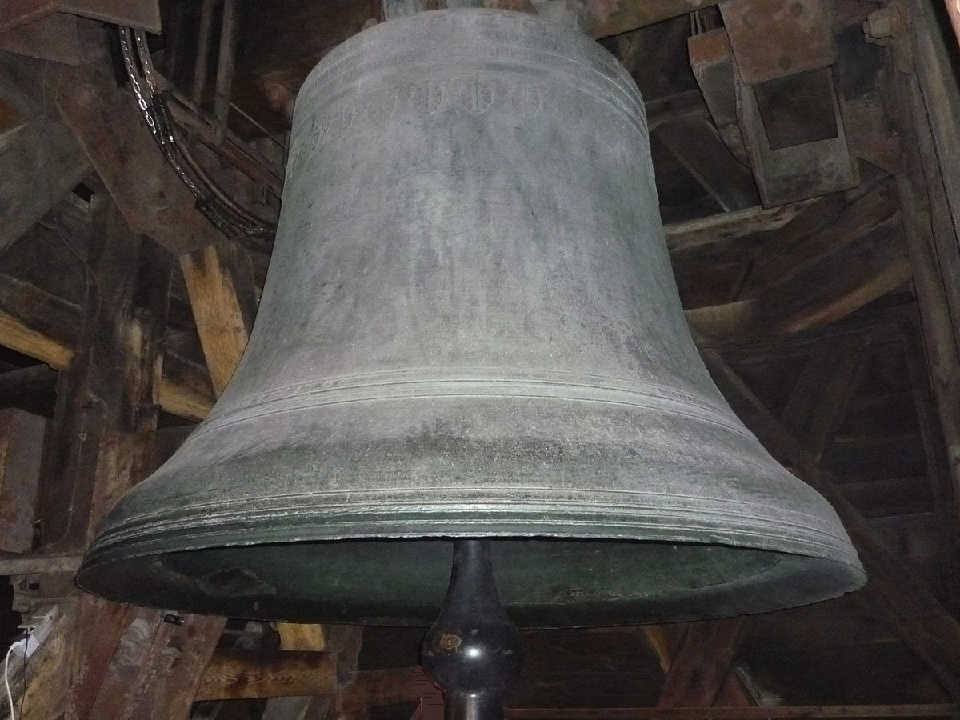
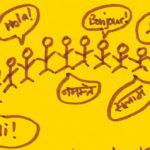
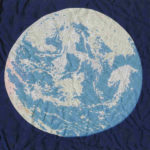
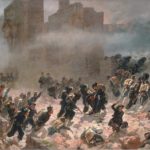
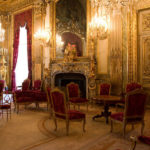
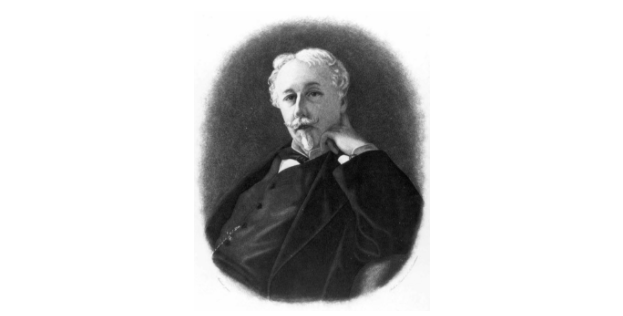

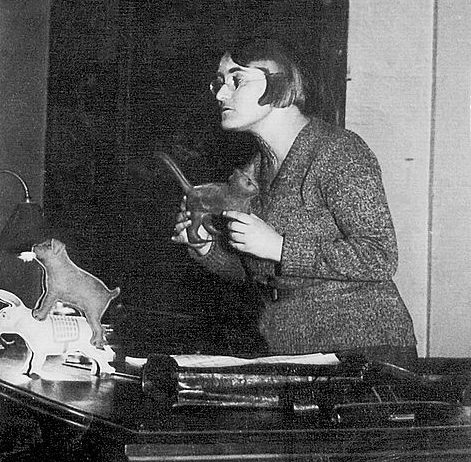
One Comment
George Mazidian
Thanks for this article. Regards
G.Mazidian